Metal Detecting Code Of Ethics
Metal Detecting Code Of Ethics
Have you always wanted to try your hand at metal detecting but weren’t sure where to start? In this guide you will learn everything you need to know about how choose the best metal detector for a beginner, types of metal detectors available, the best metal detectors for kids and adults, top metal detecting tips and other detector facts to help you get started or grow your developing skills. Even if you are a seasoned detectorist, you may learn something new about this amazing hobby.
Getting a metal detector is super exciting and we know that you just want to get out there and find cool targets. But there’s a code of ethics that us detectorists follow and it’s important to understand and follow this code so our hobby can continue to thrive for generations to come.
1. Get to know the state and local government laws regarding metal detecting in your part of the country. Rules and regulations differ from state to state and council to council, so understanding where you can and can’t detect is really important. You can find links for your state at the bottom of this page.
2. Respect private property. Before detecting on privately owned land, always check with the land owner before entering their property. You would be surprised how many people are open to having you detect their land if you approach them first. Offering them a pick of what you find is a great way to get approval.
3. Leave the environment as you found it. Learn how to dig a neat plug when retrieving your target. Do not damage or destroy vegetation to get to a target. Fill in your holes neatly. If you open a gate, close it behind you. It’s all just a bit of common sense and courtesy at the end of the day.
4. Don’t leave junk behind. There are a lot of junk targets between the good ones. Don’t put rubbish targets back in the ground. Carry a backpack or finds pouch with you and dispose of trash properly.
5. Report valuables such as rings or other jewellery to the proper authorities. People lose things and we often find them sometime down the track. As a detectorist, the correct thing to do is to report valuables to your local cop-shop so that it might be reunited with its rightful owner. In many cases these items are never claimed and will be given back to you after a short period of time. But by handing it in, you are giving the owner a chance to get it back and you can give yourself a good old pat on the back for being a good person.
6. Use headphones when detecting in public places such as parks and busy beaches. We might love the sound of a metal detector but the general public probably don’t. So if there are people around you enjoying the outdoors, use headphones so you don’t disrupt them. Using headphones is also an advantage as you will hear faint sounds that you might miss when solely relying on your metal detector’s speaker.
7. If you see another detectorist out and about, stop and say G’day. It’s always nice to meet like minded people and it’s fun to see what others are discovering in an area. If you see someone struggling or not doing the right thing then give them a hand to educate them. The best way to learn is to learn from others, so if you can pass on knowledge or advice then it’s more power to our hobby.
8. Enjoy yourself. This one is pretty self explanatory. Happy hunting!
What are the most common Metal Detectors used today?
There are two main types of metal detectors – Pulse Induction metal detectors (or PI) and VLF metal detectors, which stands for Very Low Frequency. Let’s first talk about VLF metal detectors.
VLF Metal Detectors
VLF metal detectors run on lower frequencies compared to Pulse Induction metal detectors. These frequencies typically start at around 6kHz for coin and treasure hunting metal detectors and 13kHz and above for VLF multi-purpose metal detectors capable of finding gold.
VLF metal detectors have come a very long way since their inception. Modern VLF metal detectors are what you will generally see people use on beaches, fields and parks looking for old coins, jewellery and lost treasures. While VLF metal detectors are well known for coin and treasure detecting, models that run at higher frequencies and have features such as All Metal Mode, Gain/Sensitivity, Threshold and Ground Balance Functions make excellent gold detectors.
Pulse Induction Metal Detectors
PI detectors, or Pulse Induction detectors, are mainly used by people who are really only hunting for gold. They have excellent depth and can handle high mineralisation and hot rocks in high iron rich ground. These very powerful machines can come with a much higher price tag when comparing them to a VLF metal detector.
How Much Does a Metal Detector Cost?
Metal Detector Prices , when you decide you want to jump into the metal detecting hobby, it can be very confusing when it comes to finding the perfect treasure hunting machine. You want one that will find tons of buried gems but also be easy to use and work reliably well. And the truth is, until you are sure you will absolutely love detecting, you probably won’t want to spend a ton of money.
When you short things down, all metal detectors use the same basic design. There is a coil, a control box, and a shaft. The two main features are sensitivity and discrimination, and these are crucial because they determine how successful you will be in finding coins, jewelry, gold, or relics.
Now, before you can find a detector that does exactly what you want, you need to think about a few things so that you’re sure you’re buying a detector that will have all the features you need. In fact, I recommend you ask yourself some questions to know Metal Detector Prices,
Where will I be searching?: The area you plan to search will be very important in choosing a device. If you plan to be anywhere near water, you should get a waterproof detector. If you want to use the detector as you scuba dive, you need to get a submersible If the area you will be searching is highly mineralized, you may want to get a pulse induction detector.And if you going to be travelling to hunt? Well, you will want to consider a metal detector that has sections that can easily come apart.

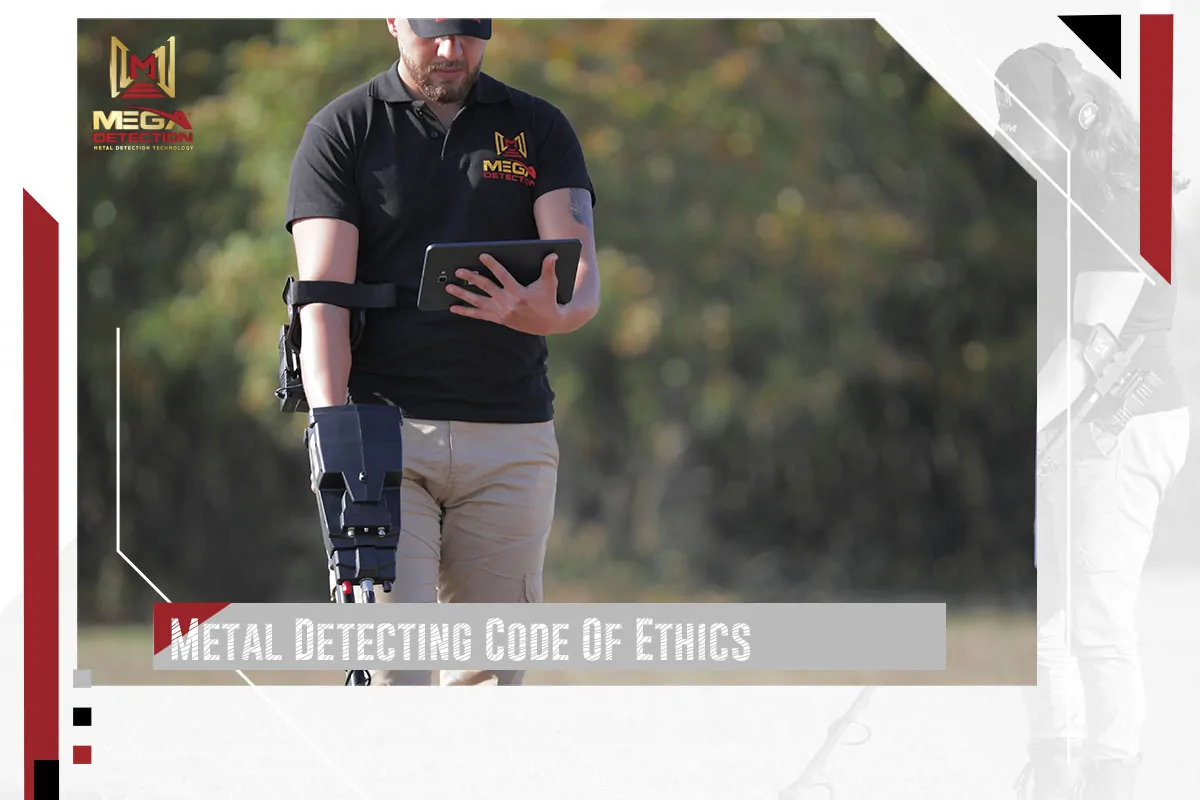



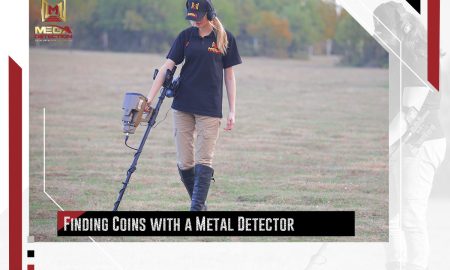

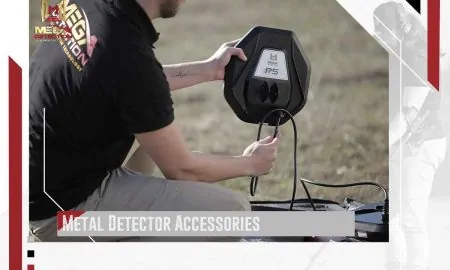
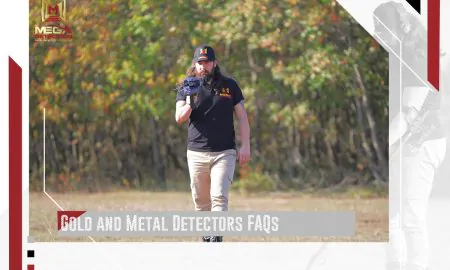
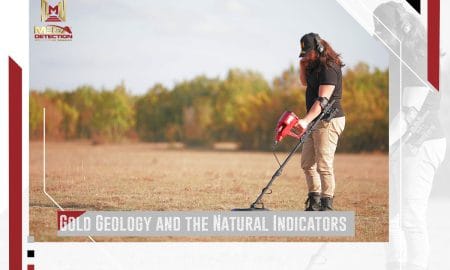

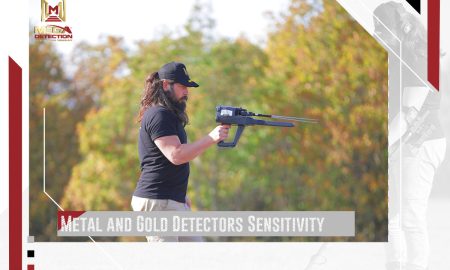
Leave a Reply